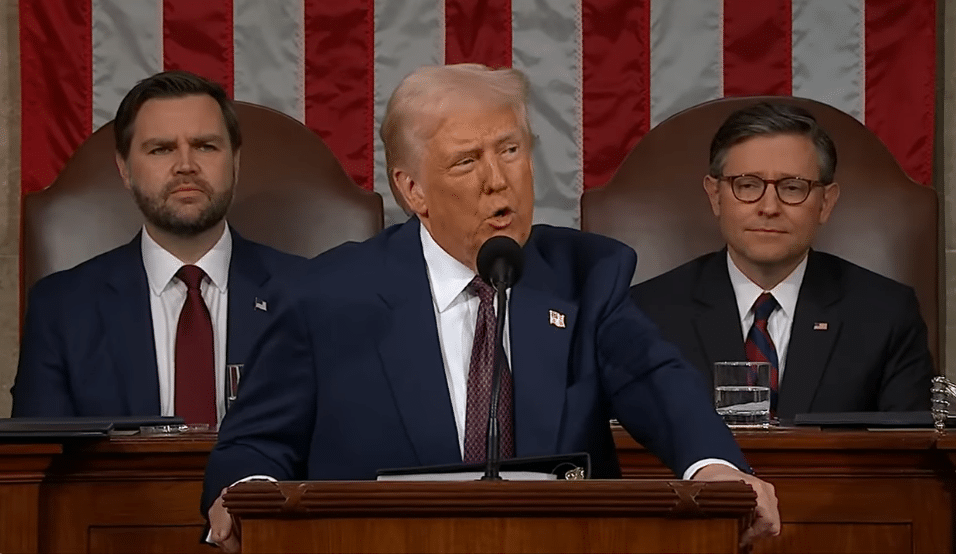
By Saul Anuzis
In an era when many older Americans struggle to meet their most basic needs, the Big Beautiful Bill stands out as a transformative piece of legislation—a rare example of common-sense policy that prioritizes dignity, stability, and security for our senior citizens.
Across the country, seniors face mounting challenges. Fixed incomes barely stretch far enough to cover skyrocketing housing and medical costs. Prescription drugs often remain unaffordable, and navigating government services can be overwhelming. For too long, older Americans—who have contributed decades of labor, wisdom, and community service—have been marginalized in policy conversations. The Big Beautiful Bill changes that.
At its core, the bill provides robust financial and healthcare support to seniors. It increases Social Security benefits by reducing taxes on them, helping better reflect the real expenses seniors face—such as rising medical costs and housing expenses. This simple yet powerful change ensures that monthly checks align more closely with the financial realities of aging. Instead of falling behind inflation, seniors’ incomes will finally keep pace with their needs.
The bill also delivers permanent tax cuts and bigger paychecks—an extra $5,000 in the pockets of working Americans—through a double-digit percentage decrease in tax bills. Americans earning between $30,000 and $80,000 will see an average tax reduction of about 15%. In addition, the bill eliminates taxes on tips and overtime work, fulfilling two of President Trump’s cornerstone campaign promises and benefiting hardworking Americans where they need it most—their paychecks.
Importantly, the bill protects Medicaid by removing 1.4 million illegal immigrants from the system, ensuring that resources are directed toward those legally entitled to receive them. It also increases expensing thresholds for businesses, which will reduce costs and expand opportunities—especially for those serving seniors or for seniors choosing entrepreneurship over full retirement.
These changes mean that seniors—and the families who support them—can rely on more substantial resources to meet their needs. It sends a clear message: this administration is committed to protecting resources older Americans depend on.
The Big Beautiful Bill honors the social contract we make with every generation—that after a lifetime of work, people deserve comfort, health, and respect. The long-term savings from reduced hospital visits, lower emergency care needs, and delayed nursing home admissions will easily offset any upfront costs.
Most importantly, the bill reaffirms a fundamental American principle: aging should not mean becoming invisible or disposable. Rather than treating seniors as burdens, this legislation recognizes their value—as grandparents, mentors, volunteers, and voters. Their lives enrich our society, and our policies should reflect that truth.
In short, the Big Beautiful Bill is not just beautiful in name—it’s beautiful in purpose and impact. It delivers tangible relief to those who have given so much to this country. By passing this legislation, we affirm that in America, no one is too old to matter.
Saul Anuzis is President of the 60 Plus Association a senior citizens advocacy group, and a former member of the Republican National Committee.






